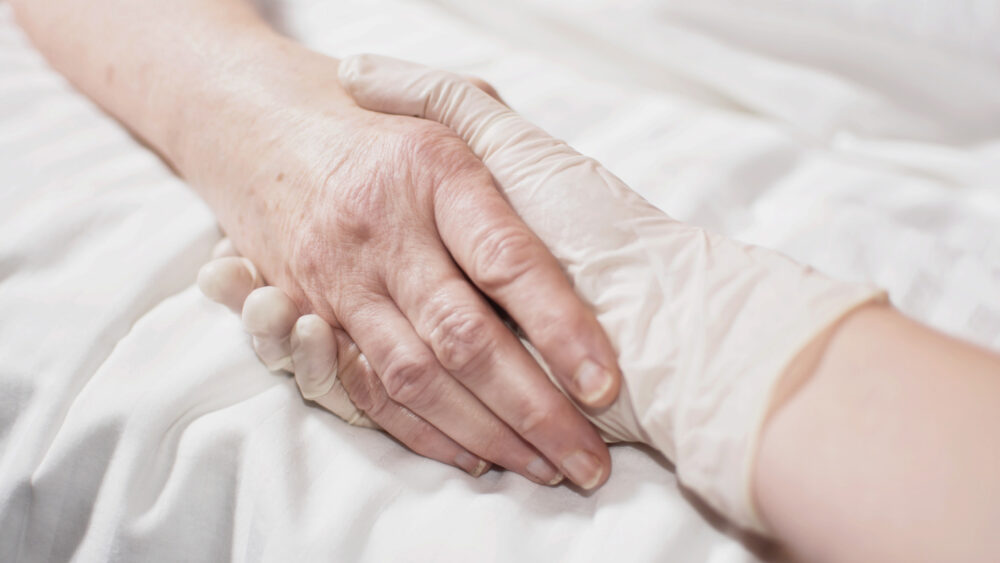A bill to legalise euthanasia in South Australia passed the Lower House late last night, with amendments allowing for “conscientious objection” as a reason for referring on patients who seek voluntary assisted dying.
Victoria, Western Australia and Tasmania have already made voluntary assisted dying legal in Australia. The South Australian ‘Voluntary Assisted Dying Bill’ is modelled on Victoria’s legislation, which Daniel Andrews’ government has described as “the safest, and most conservative model in the world”.
Seven amendments were put forward and two were accepted.
One amendment related to preventing coersion in the euthanasia process. As reported by ABC, the other accepted amendment – introduced by Liberal MP Steve Murray – “would allow private hospitals to exercise conscientious objection to euthanasia and instead refer patients seeking the procedure to other institutions.”
… a hospital that had a faith-based reason for objecting to this, couldn’t be forced under law to administer voluntary assisted dying.
SA Premier Steven Marshall, who backed the bill, gave an example of a ‘conscientious objection’ this morning on local Adelaide radio: “The practical effect of the amendment … [is] a hospital that had a faith-based reason for objecting to this, couldn’t be forced under law to administer voluntary assisted dying.”
This ‘conscientious objection’ amendment was supported by Labor Opposition leader, Peter Malinauskas, who said he had “personally struggled with” the subject of the euthanasia bill. Malinauskas’s decision to back the bill was described by The Advertiser‘s Elizabeth Henson as “a move that may put the Catholic Labor leader at odds with the Catholic Church”.
Labor frontbencher Tom Koutsantonis and member of the Greek Orthodox Church of Australia voted against the bill. “To those organisations that sought carve-outs to protect their communities to have safe havens, there are some provisions in this Bill that protect those religious institutions or those volunteer institutions that don’t want to have to participate within this regime,” said Koutsantonis in InDaily.
But as pointed out by deputy Labor leader Susan Close – one of the bill’s authors, and leader of last night’s debate – a religious institution could not stop one of its residents from pursuing information about euthanasia.
“If you’re in an aged care facility, even run by the Catholic Church, it is your home,” said Close today. “You have more rights under the Aged Care Act, and morally because it’s your home, to have access to the doctors you want and to the procedures that you want.”
Last night’s parliamentary debate about the bill was the 17th attempt to pass euthanasia laws in SA during the past 26 years. The bill will go before the Upper House later this month and if it goes on to become law, eligible patients must meet the following criteria according to the bill:
“(a) The person must be aged 18 years or more; and
(b) the person must —
(i) be an Australian citizen or permanent resident; and
(ii) be ordinarily resident in South Australia; and
(iii) at the time of making a first request, have been ordinarily resident in South Australia for at least 12 months; and
(c) the person must have decision making capacity in relation to voluntary assisted dying; and
(d) the person must be diagnosed with a disease, illness or medical condition that —
(i) is incurable; and
(ii) is advanced, progressive and will cause death; and
(iii) is expected to cause death within weeks or months, not exceeding 6 months; and
(iv) is causing suffering to the person that cannot be relieved in a manner that the person considers tolerable.”



